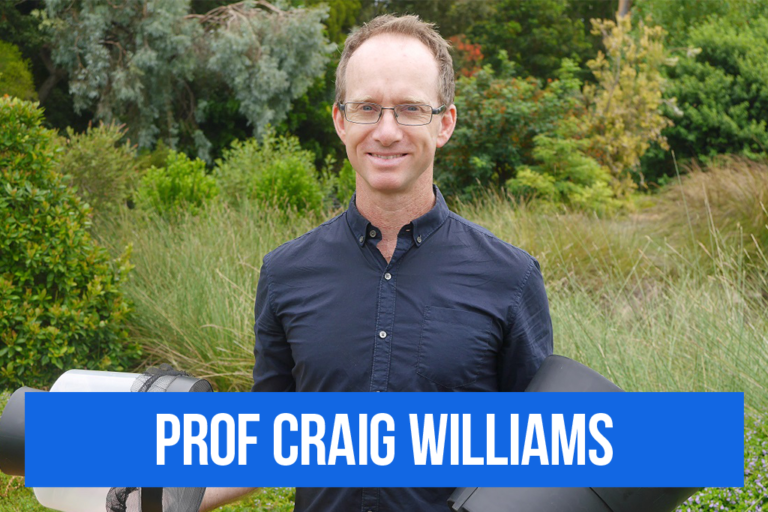The longer days and warmer nights of summer are the perfect ingredients for mosquito season. But before students in South Australian (SA) schools reach for the repellent, an in-schools program aims to draw on citizen scientists to learn more about these insects.
Did you know that some species of mosquitoes rarely touch a drop of blood, and favour flower nectar instead? Or that mosquitoes only smell with their feet?
It’s facts like these that students will learn about in the University of South Australia’s Mozzie Monitors in Schools program, a comprehensive and interactive learning experience about mosquitoes.
The free program started in 2017 and has just launched for the new mosquito season. The program is extending to the end of term one in 2024, comprising an activity-based in-class lesson and a mosquito collection and citizen science experience supported remotely by scientists.
And it’s all in the name of STEM, says UniSA’s local mosquito expert and Mozzie Monitors’ founder Professor Craig Williams.

“Love or hate them, insects and creepy crawlies are always a drawcard for kids. So, when we bring them into the classroom, it’s a great opportunity to get students interested and excited about science,” Professor Williams says.
“Learning about mosquitoes in a fun and hands-on way can help students connect with the content in a meaningful way, all the while building their interest in biology, nature, and STEM.”
Becoming Mozzie Monitors
For educators keen to get their students involved, Professor Williams says the program starts with a single lesson visit of around 45 minutes.
“Then we leave a Mozzie Monitors trap with the class. They can set the trap through the coming term, checking it at least three times. This might mean spending two-three lessons being Mozzie Monitors later in the term,” he told EducationDaily.
“The in-class session involves a mix of presentation and participation, with students learning about different mosquito body parts and breeds, lifecycles, and ecology, as well as mosquito-borne diseases and how to control or protect against mosquitos.
“The outdoor part of the program involves the class collecting and identifying mosquitoes, then submitting their observations to the Mozzie Monitors project on the iNaturalist citizen science database.
“Students of all ages love setting up and monitoring the mozzie traps, and this activity is a fantastic way for teachers to keep their class engaged in ongoing citizen science investigations.”
Citizen science data improves research
Education, he says, is central to improving public and environmental health.
“By working with children, we hope to create a generation of knowledgeable people who have greater environmental health ‘literacy’,” says Professor Williams. “In addition, kids are naturally curious and energetic and as such make great scientists!”
As the new season of the Mozzie Monitors in Schools program rolls out to its first schools in the state, Professor Williams says the aim is to work with 30 SA schools across three years.
With nearly 300 different species in Australia playing an important role in the environment, Professor Williams says the collection of citizen science data is “vital for expanding our knowledge of mozzies – in terms of knowing what disease carrying types are around, whether any new exotic ones have blown in from overseas and helping us to understand how climate change may be impacting mosquitoes”.
Beyond encouraging interest in STEM, the Mozzie Monitors in Schools program also contributes to nation-wide citizen science data which not only promotes life-long learning, but also boosts mosquito knowledge.
“Protecting ourselves against mozzie bites is one thing, but it’s also important to learn about how we can limit the spread of mosquito-borne diseases,” says Professor Williams.
“Actively engaging people in mosquito surveillance and citizen science can empower communities and improve public health literacy outcomes – and we can all play a role in this.”








